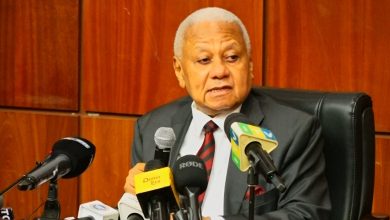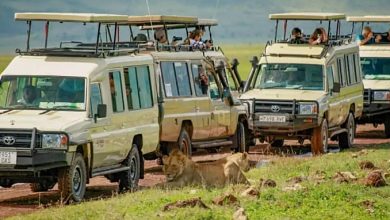Tanzania’s tourism future rooted in heritage, says expert
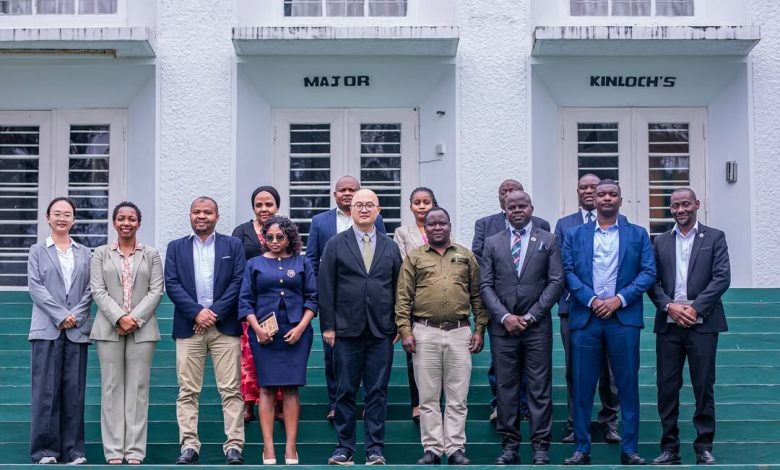
KILIMANJARO: TANZANIA’S rich cultural and heritage assets have been identified as crucial contributors to the nation’s economic growth and the well-being of its people, especially through their potentials to attract more tourists.
This was highlighted on Monday by Professor Alex Kisingo, Acting Rector of the Moshi-based College of African Wildlife Management, Mweka (CAWM-Mweka), during the launch of the UNESCO-Mweka Wildlife College’s Africa World Cultural and Heritage Education Programme, held at the college premises.
“Culture and heritage are vital components of our tourism sector. If well-utilised, they can significantly increase the number of tourists visiting Tanzania and in turn boost national income,” Prof Kisingo said.
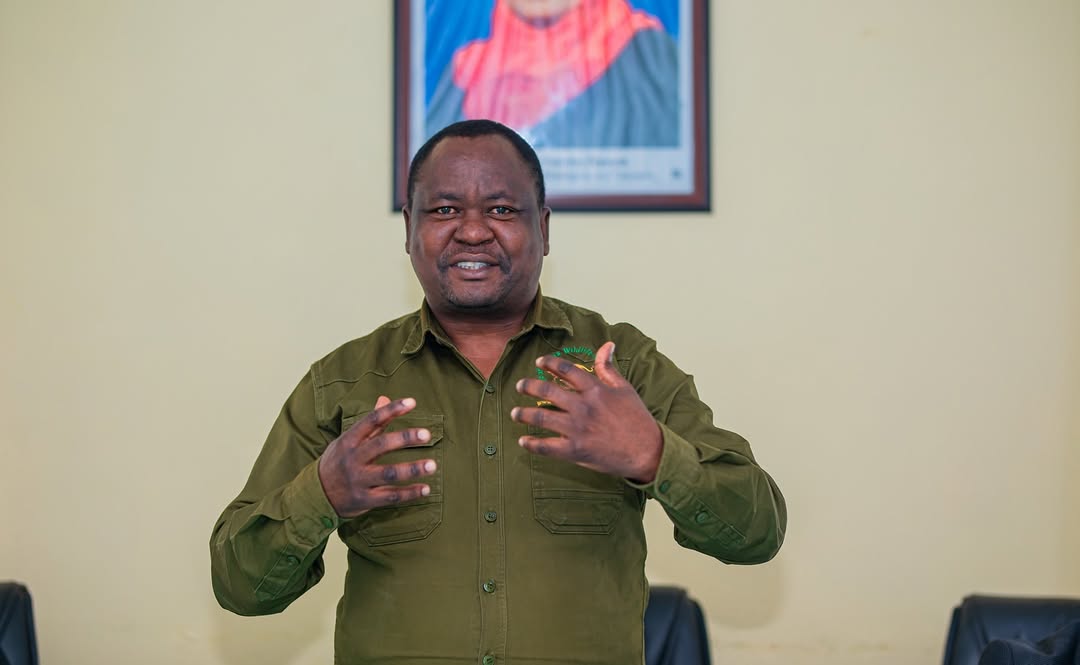
He urged all tourism stakeholders to collaborate with CAWM-Mweka in preserving cultural and heritage values, describing them as a fundamental pillar of society that promotes diversity and enriches future generations.
“With more than 120 tribes, Tanzania stands as a beacon of multiculturalism and inclusive values, showcasing the harmonious coexistence of diverse cultures,” he added.
Prof Kisingo noted that the newly launched programme will not only enhance cultural and heritage education but also strengthen future collaboration between UNESCO, Tanzania and other partner countries in this field.
Speaking at the launch, Mr Rouran Zhang, Programme Coordinator of UNESCO’s Africa Unit of the World Heritage Centre, revealed that the project is supported by the Government of the Republic of Korea.
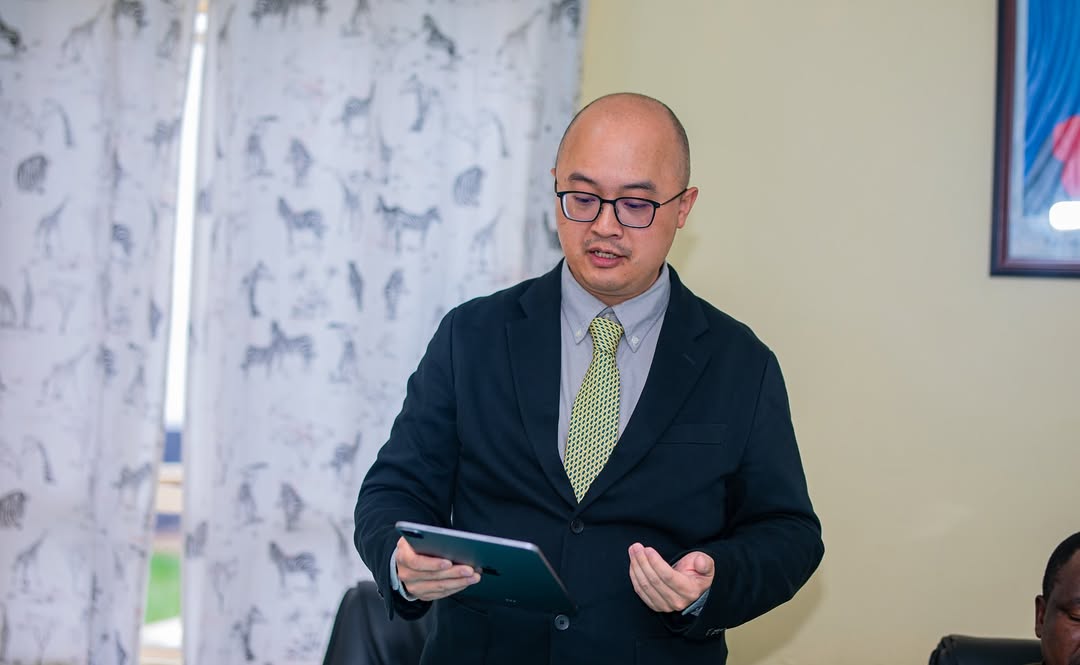
“This initiative is part of UNESCO’s Operational Strategy for Priority Africa (2022–2029), particularly under Flagship Programme 3: The Promotion of Cultural Heritage and Capacity Development,” Mr Zhang explained.
He added, “It aligns with our mission to institutionalise capacity development by partnering with universities to reinforce education, training and research in support of the 1972 World Heritage Convention.”
Mr Zhang emphasised the significance of the programme, stating that Africa is home to exceptional cultural and natural heritage. The project supports five higher learning institutions in Cameroon, Morocco, Senegal, South Africa and Tanzania, with the goal of enhancing curricula related to the World Heritage system. In Tanzania, the programme will be implemented through CAWM-Mweka, which has long been recognised for training professionals in wildlife and protectedarea management across the continent.
Representing the Ministry of Foreign Affairs, Mr Assah Mwambene expressed appreciation to the Republic of Korea and UNESCO for their support of higher education institutions, including CAWM-Mweka.
“Your support is invaluable in strengthening the future of our academic institutions. It continues to improve the livelihoods of our people through enhanced educational opportunities,” he said.
“On behalf of the Ministry’s Permanent Secretary, I would like to assure you that Tanzania remains committed to advancing our relationship into a comprehensive strategic partnership rooted in mutual respect and shared development goals.”




